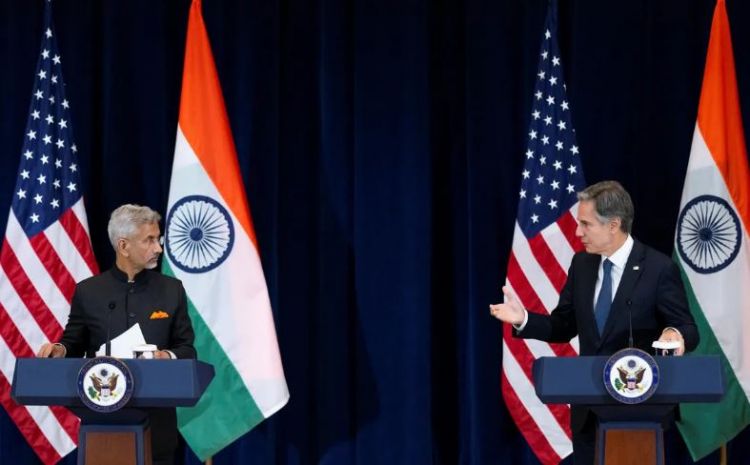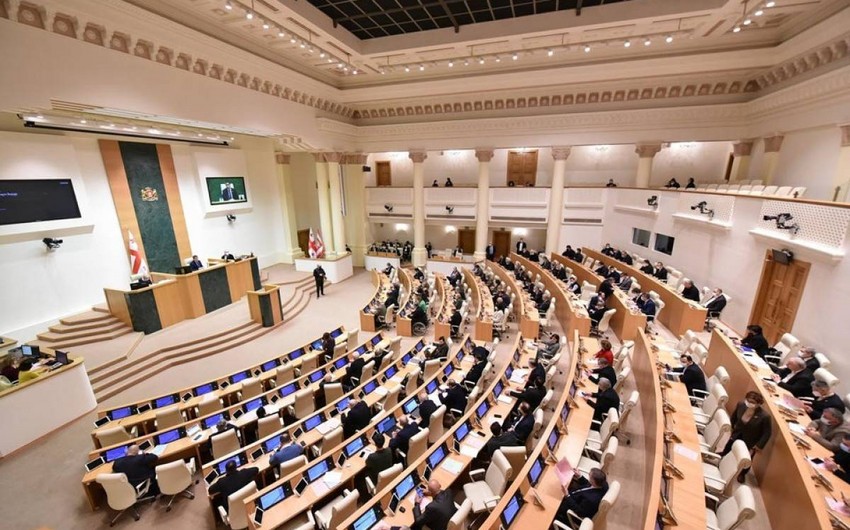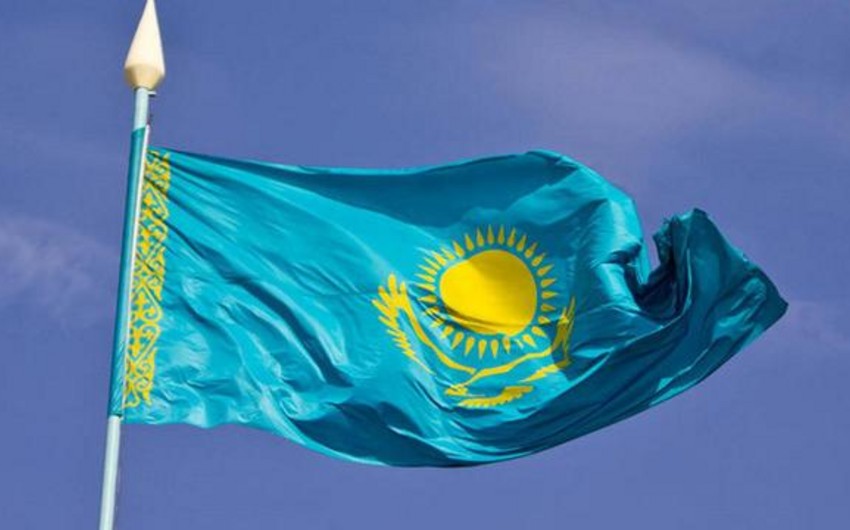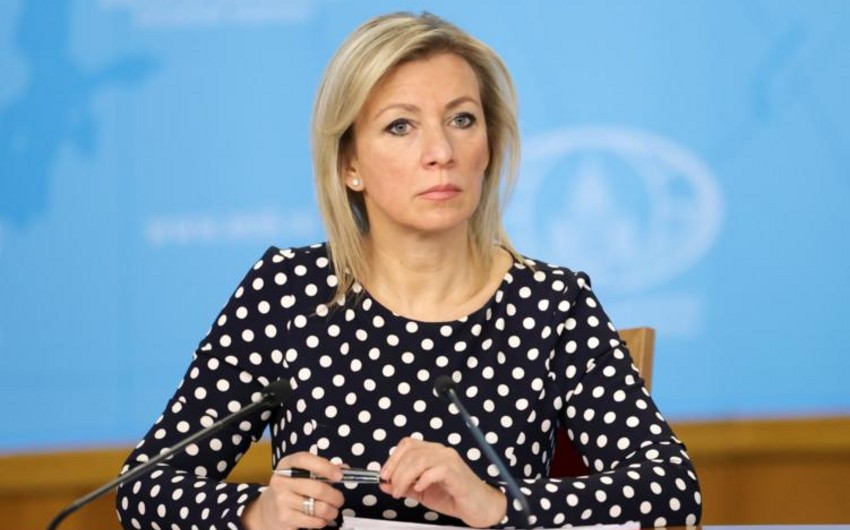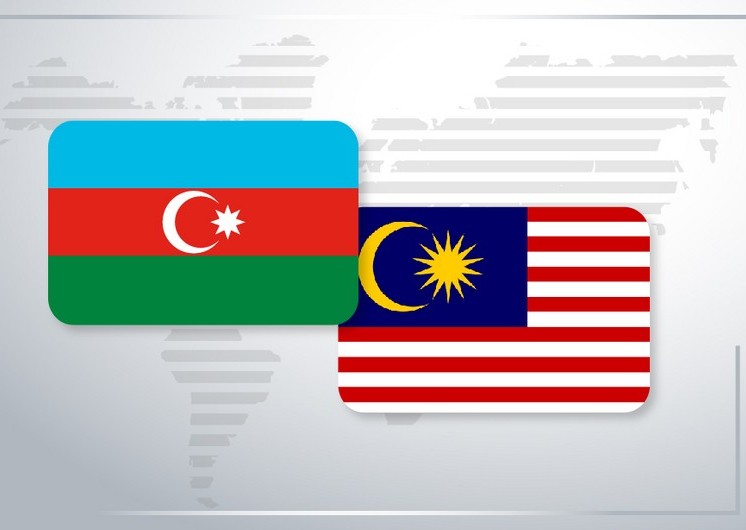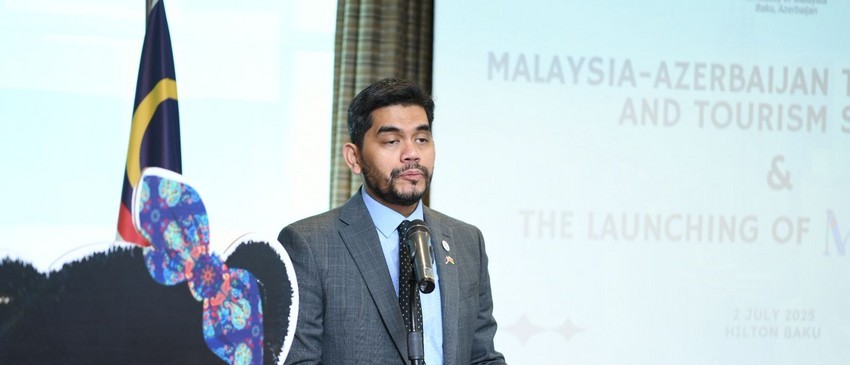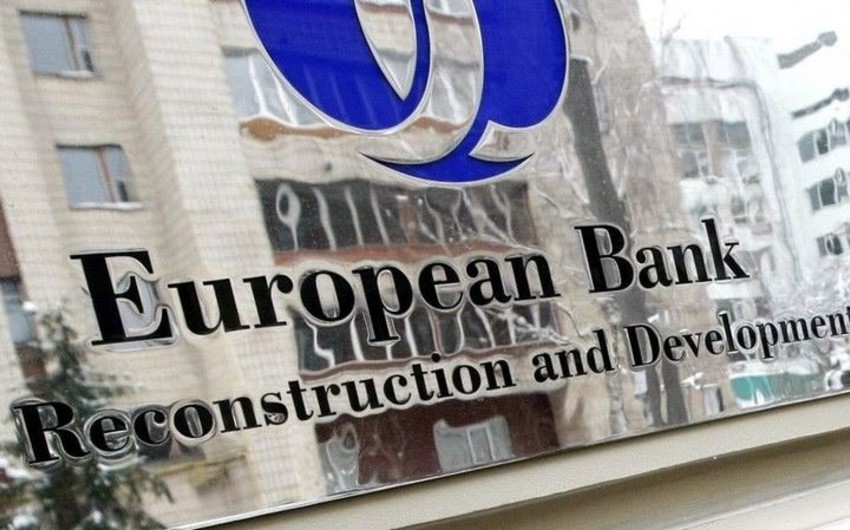After years of favoring New Delhi, the US is now back to balancing between India and Pakistan.
The decade-long deterioration of ties with Islamabad, propelled by Pakistan’s support for the Taliban in Afghanistan and tilt toward China, had shaped Washington’s conventional thinking into a neat binary: that a democratic, anti-China India is ‘in’ and an autocratic, pro-China Pakistan is ‘out’ of the American camp.
That’s no longer the case in America’s response to India’s consistent hedging and betting on Russia, as well as Pakistan’s diplomatic overtures and counterterrorism cooperation. Indeed, the future of US positioning in South Asia seems to be shifting, as Washington resumes playing ball with both nuclear-armed rivals like it’s done for decades.
America’s pal, but Russia’s BFF. On Saturday, India abstained from voting for a US-sponsored UN Security Council resolution slamming Russia’s illegal annexation of Ukrainian territory. This wasn’t the first time the Indians have refused to back the Americans — every UN resolution tabled against Russian aggression in Ukraine since the beginning of the war has seen India walk away from the crime scene.
For India watchers who acknowledge New Delhi’s stated policy of strategic autonomy — basically a we-will-do-the-right-thing-but-in-our-own-way approach to a values-based order — the latest abstention was a disappointment, coming just days after PM Narendra Modi was praised by Washington for lecturing Vladimir Putin about this not being “an era of war.”
Although Indian diplomats insist that dialogue is the only answer to settling disputes, Modi’s government is now being criticized even at home for speaking from both sides of its mouth, especially as the war takes on a nuclear dimension.
The frustration is premised on a contradiction. Though it is still counted as a strategic partner of the US and an important teammate on the Quad, India’s decades-long defense ties with Moscow continue to thrive.
The Indians are shoring up the Russian economy by buying more fossil fuels (albeit at steep discounts). This year, oil imports are up thirty-fold from 2021, and coal purchases have quadrupled. Meanwhile, the Indians remain Moscow’s biggest arms customer and continue buying sophisticated Russian weapons despite the risk of triggering US sanctions.
This attitude of sacrifice-rules-for-money by India shows that “since Russia invaded Ukraine, Modi and his government have become ultra-realist on foreign policy,” says Derek Grossman, a senior defense analyst at the RAND Corporation.
The Indians, he explains, “have refused to condemn Russian aggression and its undermining of the rules-based international order, which New Delhi claims to uphold along with like-minded democratic states,” he said. Rather, India has prioritized discounted Russian oil — a business over values approach — which doesn't say much about India’s commitment to the rules-based system that it claims to support.
Pakistan as Plan B? But Washington isn’t just sitting pretty watching India play both sides. Responding to New Delhi’s hedging through its own, the US is gearing up to balance the military relationship with Islamabad.
After suspending all military aid in 2018 due to Pakistan’s support for the Taliban in Afghanistan, the US State Department reversed course last month, resuming critical military assistance to Islamabad. India, of course, is up in arms. After all, the F-16 fighter-bomber — which the Americans are servicing for the Pakistanis — was used to shoot down at least one Indian Air Force MiG-21 in 2019.
While the State Department has pushed back against India’s protests by saying it values its relations with both sides, Pakistan seems to have been let out of Washington’s doghouse. Last week, State fêted Pakistan’s foreign minister for a week-long sojourn, topped with a ceremony commemorating 75 years of diplomatic ties at the Museum of American Diplomacy … while his Indian counterpart was in town around the same time complaining about the Pakistani weapons deal.
As far as the Pakistanis are concerned, the boys are back in town. This week, the Pentagon is hosting Pakistan’s all-powerful army chief, Gen. Qamar Javed Bajwa, who played a crucial role in the ousting of former prime minister Imran Khan, an anti-American populist. On Gen. Bajwa’s agenda: Pakistani support for Washington’s over-the-horizon counterterrorism operations in Afghanistan, as well as grappling with the Taliban, ISIS-K and al-Qaeda.
“The US seems to be finally recognizing that despite the full-throated pronouncements from New Delhi about a rules-based international order, India’s need for cheap Russian oil and Russian weapons override everything else,” says Uzair Younis, director of the Pakistan Initiative at the Atlantic Council.
Given this context, he adds, Washington is finally realizing that it must also pursue “a parallel diplomatic path with Pakistan, especially given that New Delhi is unlikely to be weaned off its addiction to Russian energy and weapons any time soon.”
However, India will remain important for America. Surely, this maneuvering hasn’t ruptured the proximity between Washington and New Delhi – China remains their common rival, after all — but it is being seen as a tactical response to India’s dealing with the Russians.
Plus, after years of increasing dependency on China, the Pakistanis are only too eager to balance their interests with Washington, but only till the Chinese come back to them with a better offer for their rentier state.
Also, the resumption of US military aid to Pakistan — still paltry compared to America’s broad defense, economic and tech ties with India — has not disturbed India’s standing as a “strategic partner,” Still, since Washington’s recent moves have clearly irked New Delhi, are they going to reset US priorities in South Asia?
“One of the enduring challenges for the US-India relationship is that each country insists on maintaining cordial ties with the other’s key rival,” says Michael Kugelman, director of the South Asia Institute at the Wilson Center.
This problem appeared to be working itself out in recent years, as India reduced its share of Russian arms imports and the US cut off security aid to Pakistan. But now we are seeing a return to what Kugelman calls the “old normal” — India reasserting its friendship with Russia and the US restarting security ties with Pakistan.
“At the end of the day, neither New Delhi nor Washington are willing to let go of these longstanding relationships,” he explains.
Still, what the Americans are doing to the Indians — a diplomatic tit-for-tat, really — makes the long-term trajectory of India-Russia and US-Pakistan relations more unsettled than that of US-India relations.
For Kugmelman, “they’re still realities in the here and now. It’s little more than a nuisance for US-India relations, but a nuisance nonetheless.”
Bottom line: The Pakistanis might be back in play in Washington, but India’s not getting on any American blacklist anytime soon. Regardless, the US has put on its Great Power suit, and sent New Delhi a bill about the cost of doing business with the Russians.

